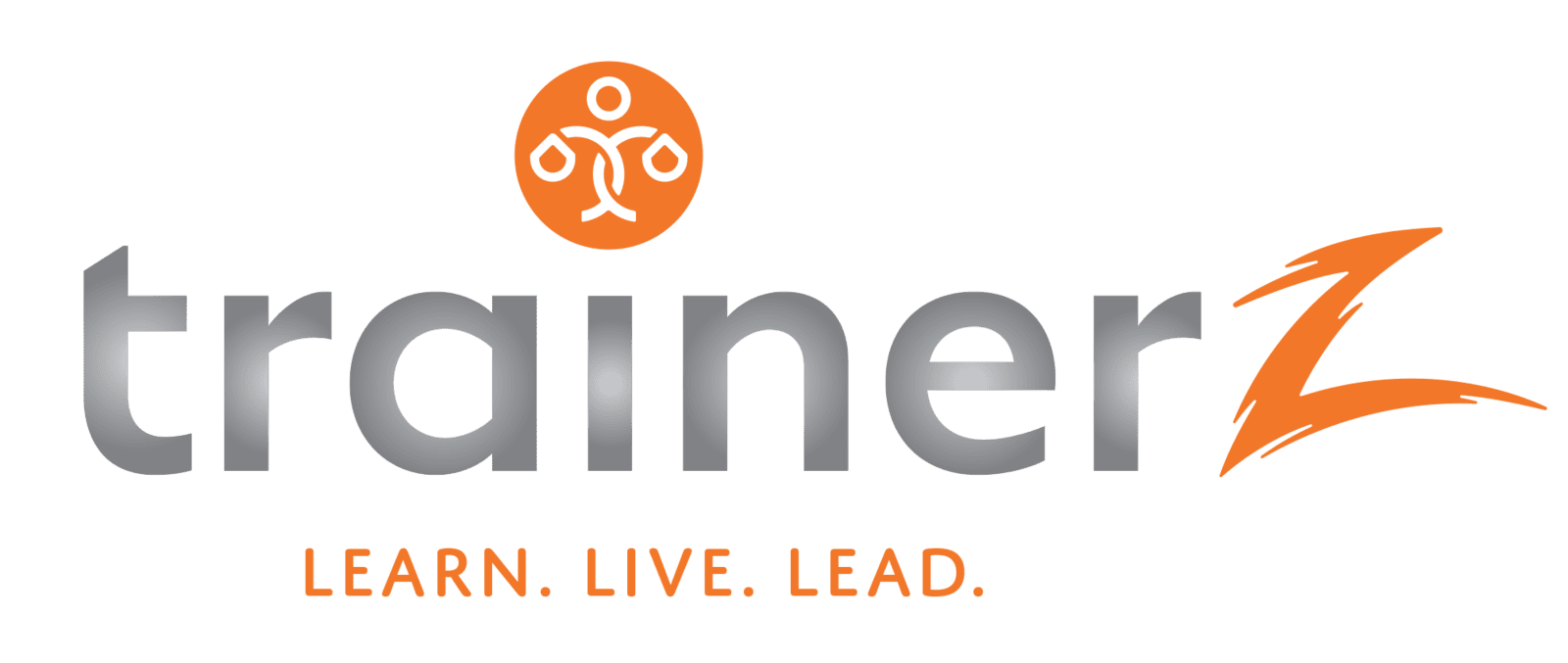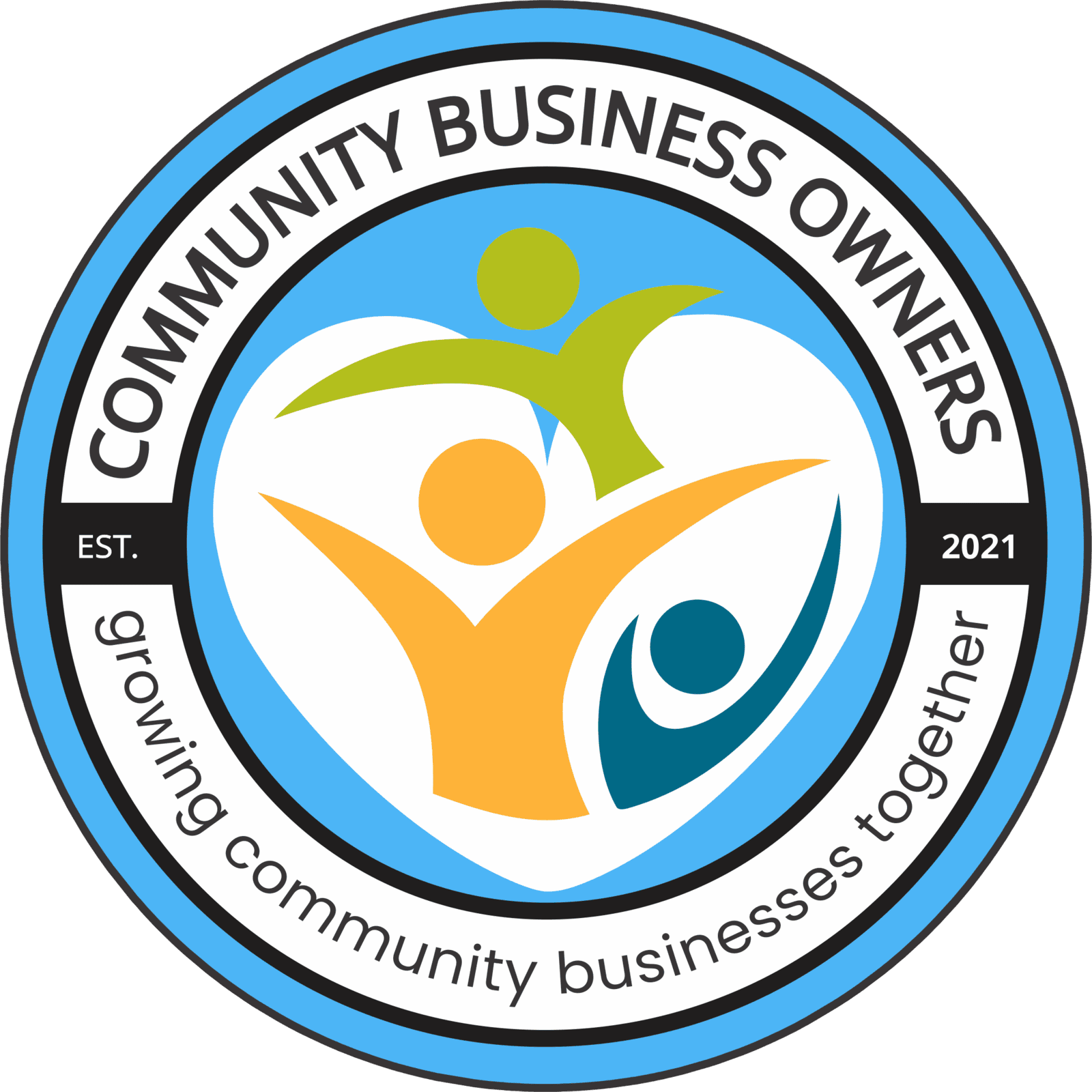Iraq SMME Sector Overview
The Small, Medium, and Micro-Enterprise (SMME) sector in Iraq is a vital, though often informal, part of the economy. It is a key source of employment and economic resilience, particularly given the country's reliance on oil and the challenges posed by past conflicts.
- Economic Contribution: While precise data is limited, estimates suggest that SMMEs in Iraq contribute significantly to non-oil economic growth. In emerging economies, SMMEs can account for up to 40% of the GDP, and Iraq is no exception. The sector is crucial for economic diversification and is a primary driver of private sector activity.
- Role in Employment: SMMEs are the backbone of employment in Iraq, providing a substantial number of jobs, especially for youth. They are essential for absorbing the country's fast-growing, young workforce and for providing livelihoods in both urban and rural areas. They also play a critical role in the economic recovery of post-conflict regions.
- General Characteristics: The Iraqi SMME sector is highly fragmented and largely informal. Many businesses prefer cash transactions and rely on informal financing from friends and family rather than formal banking institutions. Challenges include political instability, security concerns, and a lack of access to formal financing, which has created a reliance on informal business structures.
Key SMME Industries and Examples
1. Trade and Commerce
- Examples: Small retail shops, wholesale trading businesses, import/export agents, and general contracting services.
- Firm Profile: These are typically small-scale operations with a few employees. They may be family-owned and often operate on a cash basis.
- Age Demographics: This sector is largely dominated by Gen X (46-59) and older generations, who have established long-standing businesses and networks. However, Millennials and Gen Z are increasingly involved in modernizing these businesses through e-commerce and digital platforms.
- Opportunities & Risks: Opportunities lie in fulfilling the high demand for consumer goods. Risks include fluctuating market conditions and security issues affecting supply chains.
2. Manufacturing and Production
- Examples: Small factories producing plastic goods, food processing and packaging, furniture workshops, and textile manufacturing.
- Firm Profile: These are often small-to-medium-sized workshops or factories with a limited number of production lines. They may focus on specific products for local consumption.
- Age Demographics: The workforce in this sector is diverse. While older generations may own and manage the businesses, the skilled labor is often a mix of all age groups. Younger generations are key to introducing new technologies.
- Opportunities & Risks: The opportunity is to cater to the domestic market's needs and reduce reliance on imports. Risks include a lack of modern technology, competition from imported goods, and a challenging business environment.
3. Services Sector
- Examples: IT services, digital marketing agencies, hospitality services (restaurants, cafes), and professional consulting.
- Firm Profile: These businesses are typically small, agile, and knowledge-based, often operating as startups.
- Age Demographics: The services sector, especially IT and digital services, is predominantly driven by Millennials and Gen Z. They are highly educated and are leveraging technology to create new business models.
The Most Popular SMME Industries (Per Age Group/Generation)
- Youth & Millennials (Age 18-45): This demographic is highly active in the emerging IT and digital sectors. They are creating startups in software development, e-commerce, and social media marketing. They are also revitalizing traditional sectors by introducing technology, such as in logistics and online retail.
- Middle-Aged (Gen X, Age 46-59): Entrepreneurs in this age bracket often have established businesses in traditional sectors like trade, light manufacturing, and construction. They leverage their experience and networks to manage and grow their enterprises.
- Older Generations (Age 60+): This group is primarily involved in long-standing family businesses, including retail, agriculture, and traditional crafts. Their businesses are often community-centric and rely on decades of established trust and customer loyalty.
The Most Popular SMME Industries (Per Region/Province/State)
- Baghdad Governorate:
- Summary: As the capital, Baghdad is the country's largest economic hub. Its economy is service-based, with significant activity in trade, finance, and professional services.
- Key Industries: Retail, construction, financial services, and IT services.
- Trends: A growing demand for modern services and technology, with a noticeable rise in startups.
- Erbil Governorate (Kurdistan Region):
- Summary: The Kurdistan Region, including Erbil, has a relatively stable and dynamic economy. Erbil is the primary business center, with a focus on construction, real estate, and hospitality.
- Key Industries: Construction, tourism, oil and gas services, and a nascent IT sector.
- Trends: Efforts to diversify beyond oil and attract foreign investment in a wide range of sectors.
- Basra Governorate:
- Summary: Basra is the heart of Iraq's oil industry and a major port city. Its economy is dominated by oil and gas, but it also has a significant trade and agriculture sector.
- Key Industries: Oil and gas support services, logistics, trade, and agribusiness.
- Trends: The government is seeking to diversify the economy by investing in industrial projects and modernizing the port to boost non-oil trade.
- Nineveh Governorate:
- Summary: Recovering from conflict, Nineveh's economy is centered on agriculture and trade. The city of Mosul is a major center for commerce and reconstruction.
- Key Industries: Construction, retail, agriculture, and handicrafts.
- Trends: The focus is on reconstruction and revitalizing businesses lost during the conflict, with significant support from international organizations.
- Diyala Governorate:
- Summary: A primarily agricultural governorate, known for its fertile lands and abundant water resources.
- Key Industries: Agro-based industries (date farming, citrus fruits), and food processing.
- Trends: The government is encouraging investments in agricultural technology and value-added food processing to improve the sector.
- Karbala Governorate:
- Summary: The economy is heavily reliant on religious tourism, with millions of pilgrims visiting annually.
- Key Industries: Hospitality (hotels, restaurants), transport, retail, and religious tourism-related services.
- Trends: The continuous growth of religious tourism is creating opportunities in construction, accommodation, and related services.
The training and business consulting required for these popular industries
- Trade and Commerce:
- Training: E-commerce platform management, digital marketing, inventory management, and financial literacy.
- Consulting: Supply chain optimization, market entry strategies, and legal advice on import/export regulations.
- Manufacturing and Production:
- Training: Technical skills in machinery operation, quality control, and modern production techniques.
- Consulting: Business planning for scaling production, securing formal financing, and complying with industry standards.
- Services Sector:
- Training: Advanced IT skills (coding, cybersecurity), project management (PMP), and soft skills like communication and customer service.
- Consulting: Startup business development, financial modeling, and intellectual property protection.
- Tourism and Hospitality:
- Training: Hospitality management, customer service, and digital marketing for tourism.
- Consulting: Strategic marketing for attracting international tourists and business development for new tourism ventures.
Top SMME Business Opportunities (Per Region/Province/State)
- Baghdad Governorate: A digital marketing agency specializing in social media campaigns, a modern food delivery service, and a business providing technical support and IT services for other small businesses.
- Erbil Governorate: A boutique hotel or guesthouse for tourists, a construction company specializing in modern residential buildings, and a business providing oil and gas equipment maintenance.
- Basra Governorate: A logistics and trucking company to support port activities, a small-scale food processing and packaging business for local agricultural products, and a specialized consultancy for the oil and gas sector.
- Nineveh Governorate: A construction and renovation business for residential and commercial buildings, a trading company specializing in building materials, and a retail business selling consumer goods.
- Diyala Governorate: A food processing and packaging business for dates and citrus fruits, a business providing agricultural consultancy services, and a venture in modern poultry or livestock farming.
- Karbala Governorate: A hotel or guesthouse that caters to pilgrims, a catering service specializing in large-scale events, and a transport service for pilgrims.
Business and Vocational Skills required for these SMME Opportunities
- General Business Skills (for all regions):
- Resilience and Adaptability: The ability to navigate challenges like political instability and economic uncertainty.
- Financial Management: Understanding of budgeting, cash flow management, and access to formal financing.
- Networking: Building strong relationships with suppliers, customers, and government officials.
- Digital Skills: Proficiency in using online tools, e-commerce, and social media for business operations and marketing.
- Vocational Skills (specific to regional opportunities):
- Baghdad: Advanced IT and digital marketing skills, as well as project management.
- Erbil: Construction management skills, hospitality, and customer service expertise.
- Basra: Logistics and supply chain management knowledge, as well as technical skills in the oil and gas industry.
- Nineveh: Skills in construction, project management, and basic financial literacy for rebuilding.
- Diyala: Agricultural science knowledge, food processing, and technical skills for modern farming equipment.


